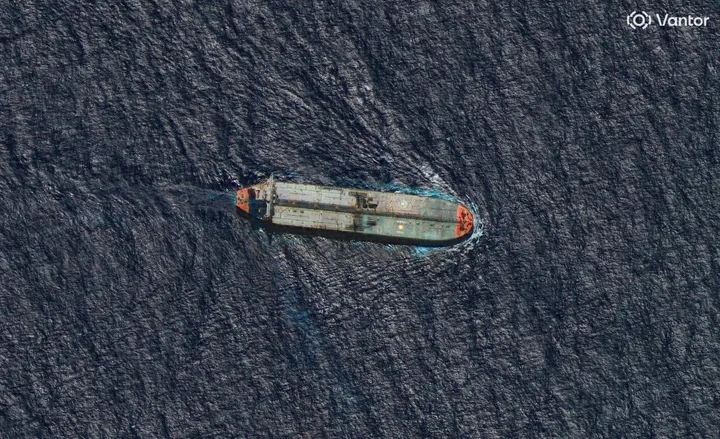Born out of World War II's devastation to save succeeding generations from the scourge of conflict, the United Nations has marked its 75th anniversary at an inflection point in history, navigating a polarised world as it faces a pandemic, regional conflicts, a shrinking economy, and growing inequality.
Criticised for spewing out billions of words and achieving scant results on its primary mission of ensuring global peace, the UN nonetheless remains the one place that its 193 member nations can meet to talk.
And as frustrating as its lack of progress often is, especially when it comes to preventing and ending crises, there is also strong support for its power to bring not only nations but people of all ages from all walks of life, ethnicities, and religions together to discuss critical issues like climate change.
READ MORE:Wildfires, wildlife population declines and Covid-19 are all connected
UN chief calls for inclusive multilateralism
In his opening speech, UN Secretary-General Antonio Guterres deplored the lack of multilateral solutions to global challenges.
"No one wants a world government – but we must work together to improve world governance," Guterres said at the UN General Assembly rostrum ahead of virtual speeches by world leaders.
"In an interconnected world, we need a networked multilateralism, in which the United Nations family, international financial institutions, regional organisations, trading blocs, and others work together more closely and effectively," Guterres said.
"We also need an inclusive multilateralism, drawing on civil society, cities, businesses, local authorities, and young people."
Turkey seeks reforms
Criticising the UN's belated response to devastating Covid-19 pandemic, Turkey's president said the UN has failed once again.
The United Nations, which acknowledged the existence of the coronavirus pandemic weeks later, did not show any presence in terms of taking the necessary measures to combat the pandemic or meeting the needs, Recep Tayyip Erdogan said, recounting the early days of the outbreak.
Erdogan also said it was not fair to leave seven billion people’s destiny in the hands of five countries, and called for reforms in the structure of UN Security Council.
He also called for the transformation of Istanbul city into a world body's centre that he said will support global peace and stability.
Pointing to recent developments in the eastern Mediterranean, Erdogan said: "Those who have been trying to ignore Turkey, impose their theses and maps in the eastern Mediterranean, are now approaching the negotiating table."
The United Nations marked its actual 75th anniversary, the signing of the UN Charter in San Francisco on June 26, 1945, by delegates from about 50 countries, on that date, this year at an event scaled down because of the coronavirus pandemic.
READ MORE:US vetoes UN resolution on fate of foreign militants held in Iraq and Syria
Not a celebration
Monday's mainly virtual official commemoration was not a celebration though.
It included a declaration, approved by diplomats from all UN member states after sometimes heated negotiations.
The declaration recalled the UN's successes and failures over more than seven decades and vows to build a post-pandemic world that is more equal, works together, and protects the planet.
"The urgency for all countries to come together, to fulfil the promise of the nations united, has rarely been greater," it said, while praising the United Nations as the only global organisation that "gives hope to so many people for a better world and can deliver the future we want."
Even at times of great tension, it said, the UN promoted decolonisation, freedom, development, human rights and equality for women and men, "and worked to eradicate disease."
And it "helped mitigate dozens of conflicts, saved hundreds of thousands of lives through humanitarian action, and provided millions of children with the education that every child deserves."
READ MORE:UN hails 'historic' milestone in global drive to end child labour
Disappointments
As for disappointments, the declaration said the world "is plagued by growing inequality, poverty, hunger, armed conflicts, terrorism, insecurity, climate change, and pandemics."
It said the poorest and least developed countries are falling behind, decolonisation is not complete, and people are forced to make dangerous journeys in search of refuge.
"It's very unfortunate that it's going to be a pretty gloomy celebration for the UN," said Richard Gowan, UN director for the Crisis Group, a Brussels-based think tank.
He said the declaration was weakened by US opposition to strong language on climate change, and negotiations were delayed because the United Kingdom and others objected to China trying to insert language into the document, a reference to Beijing’s now hallmark phrase "win-win" which was not included.
READ MORE:Israeli annexation would be most serious violation of international law: UN
























